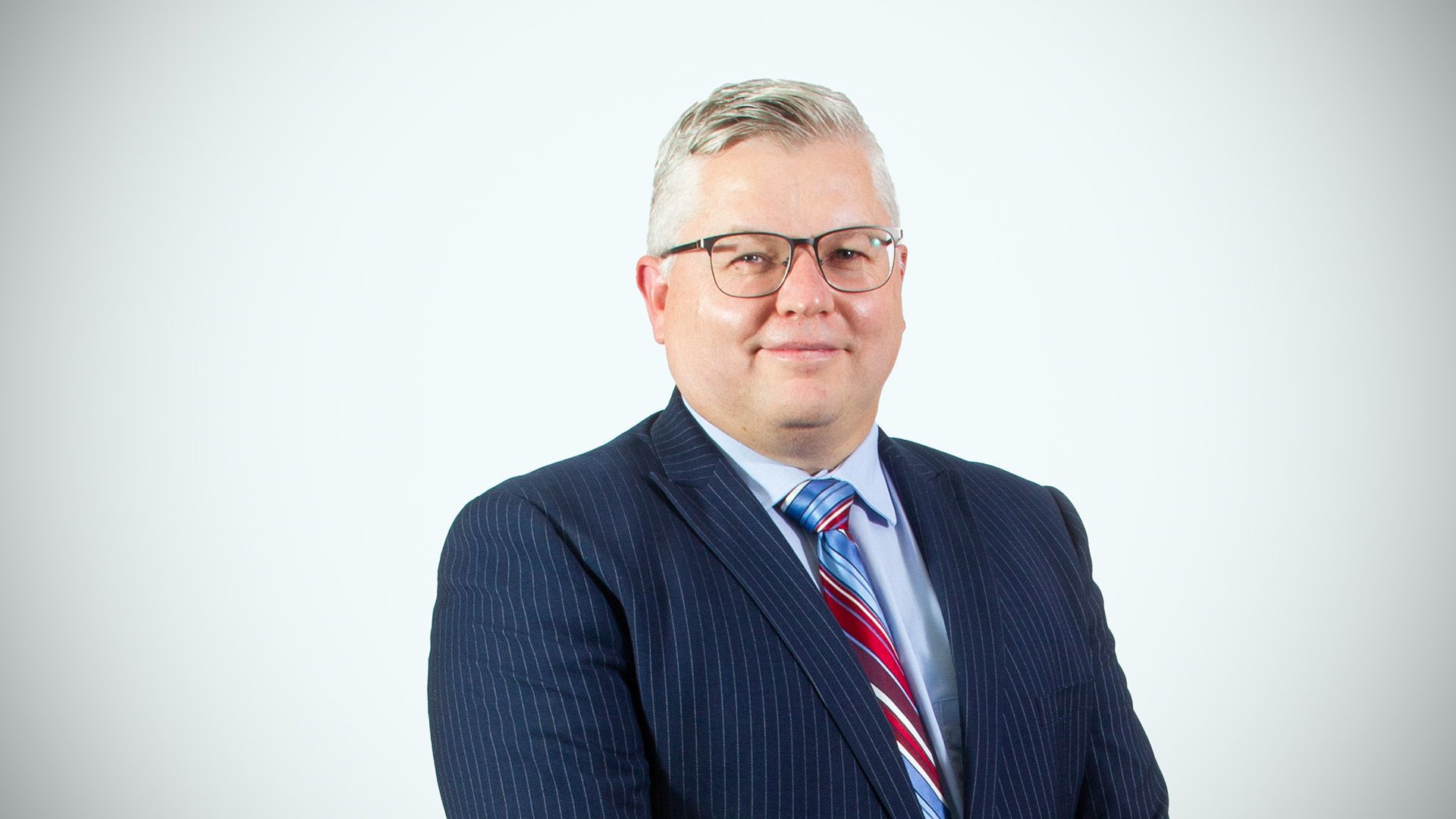The road to NHI needs a safety belt
Craig Comrie, Principal Officer and Chief Executive of the Health Funders Association
Funding healthcare resources cannot be left to government alone
A journey starts with the destination, and then we plan how to get there. The route we choose using the means available – particularly in city traffic or South African healthcare – determines when we can expect to arrive at our intended destination.
As South Africans, we have set our destination as a future of healthcare equality, but the route mapped out for us in the NHI Act is potholed, long, and winding…
As the Health Minister points out, structural imbalances between private and public healthcare must be addressed. However, the fork in the road ahead could put us on the highway to equalising healthcare to the detriment of existing scarce healthcare resources, which may result in more rationalisation of services for those who truly need them.
The President’s recent call for collaboration with the private sector could be the safety belt our health system needs, provided these conversations include private health funders and lead to meaningful legislative amendment and policy direction.
The key to this collective journey towards equality must be to level up the quality of healthcare rather than compromise patient care for all. This is necessary to ensure South Africa does not lag behind international medical and technological developments and skills.
Long overdue regulatory enhancements that could make basic medical aid benefits affordable for all full-time employed South Africans are within arm’s length, offering a sustainable shortcut towards universal healthcare objectives and the realisation of equal access to a full, quality healthcare system in South Africa.
Like petrol, world-class healthcare does not come cheap and equitable healthcare does not mean that money alone creates equity. With extensive expertise in a competitive, service-oriented approach to managing healthcare needs and resources, private health funders remain an attractive partner to the full realisation of universal healthcare coverage.
Keeping pace with modern medicine and maintaining advanced services in the country to benefit an expanding number of South Africans will require significant private healthcare partnerships for the immediate to indefinite future.
There is no free ride in healthcare, public or private. To help precipitate a greater equilibrium, more employed people must be on the bus that contributes taxes to provide for those reliant on public services, preferably without drawing on the public health purse themselves.
Updating regulations to provide protection against financial risk and cost drivers currently facing medical schemes, such as anti-selection and an outdated basket of Prescribed Minimum Benefits (PMBs) or health cover as a mandatory employment benefit, would dramatically improve the affordability of belonging to a medical scheme and expand its benefits to more people thereby relieving the pressure on public facilities.
Considering the scale of South Africa’s health needs, we will need capable leadership and governance with an attitude of cooperation to elevate the quality of care available to all. The social solidarity principles that underpin how medical schemes operate provide an opportunity for the advantages of not-for-profit private health funding partners to support the journey towards universal health coverage objectives.













